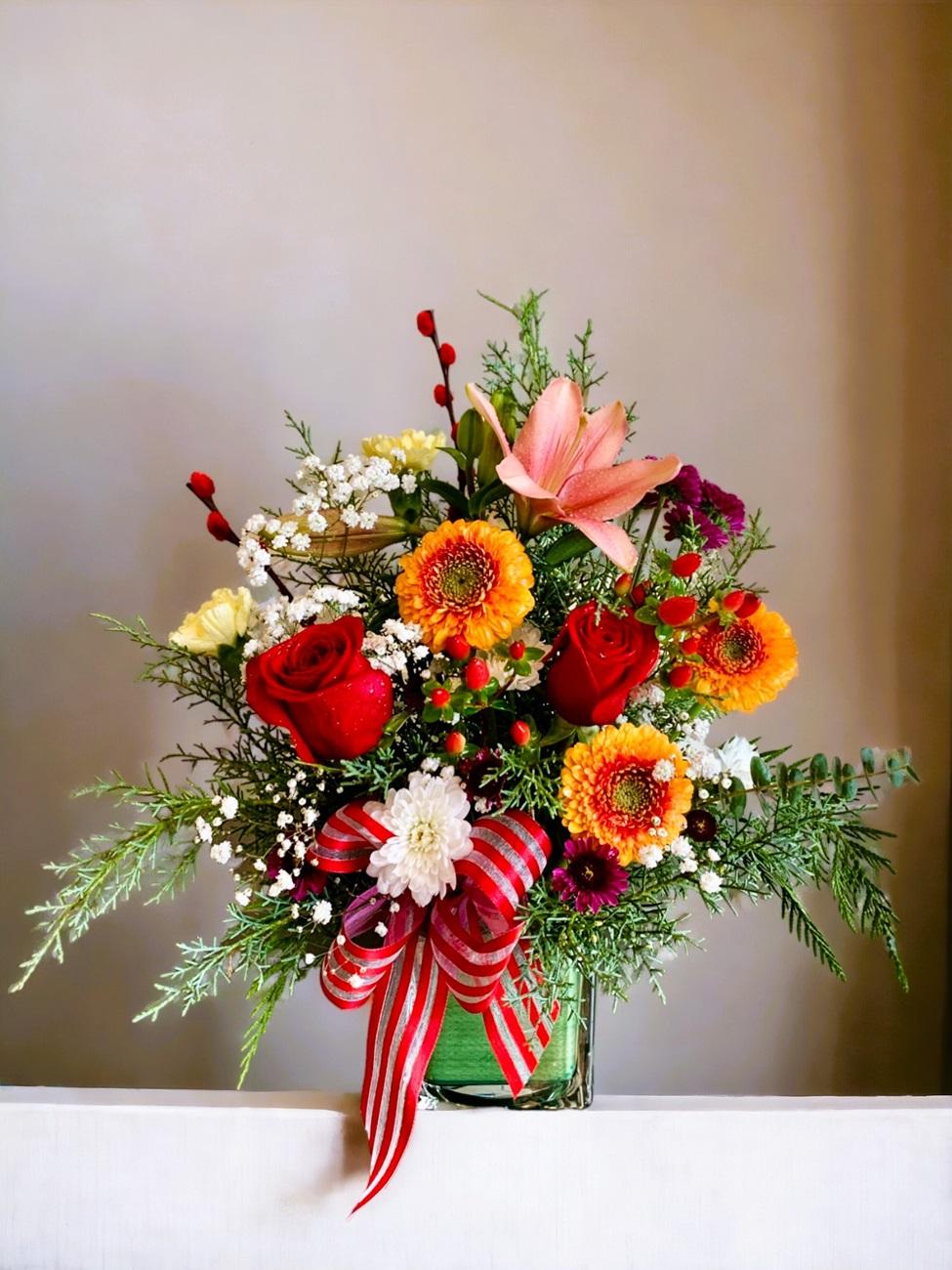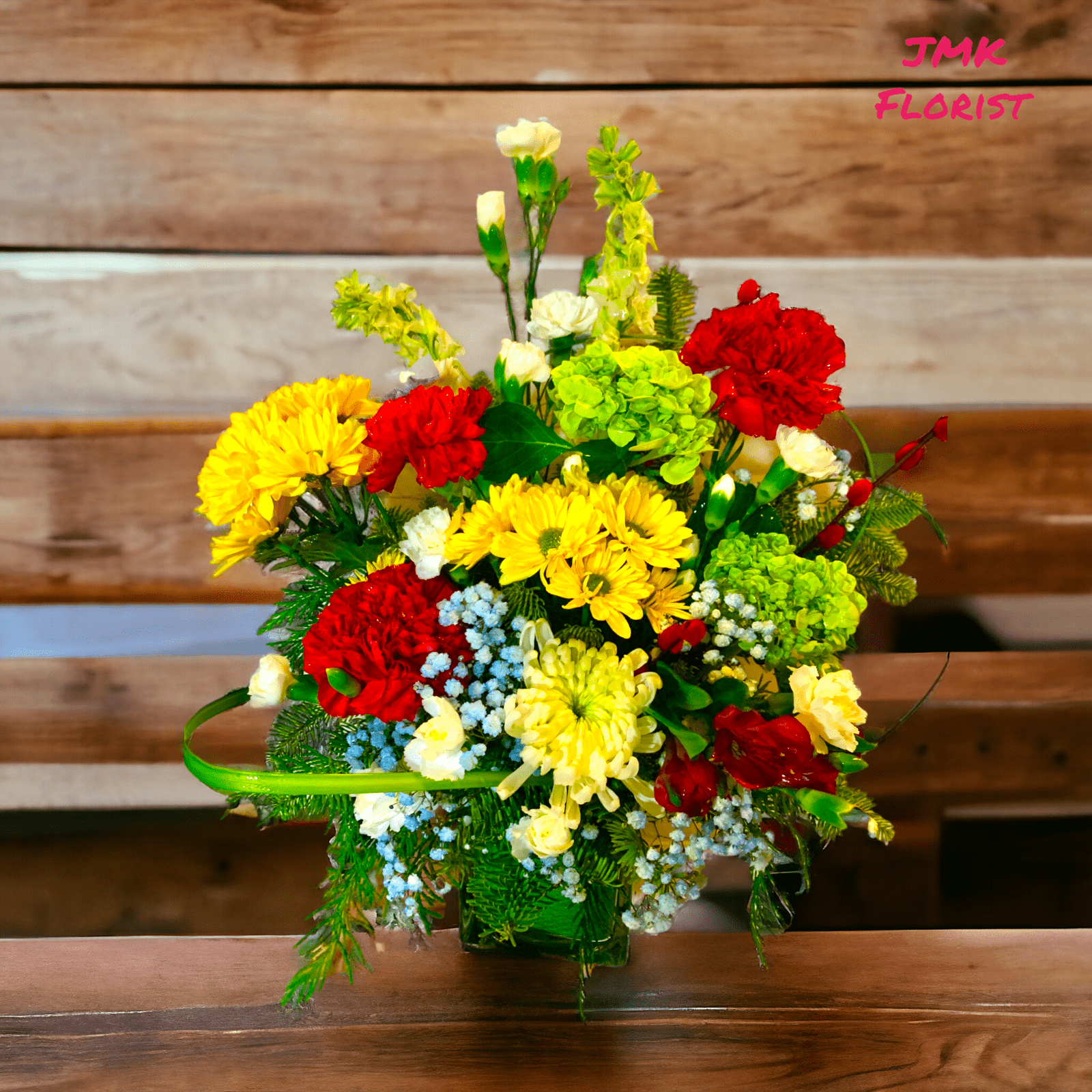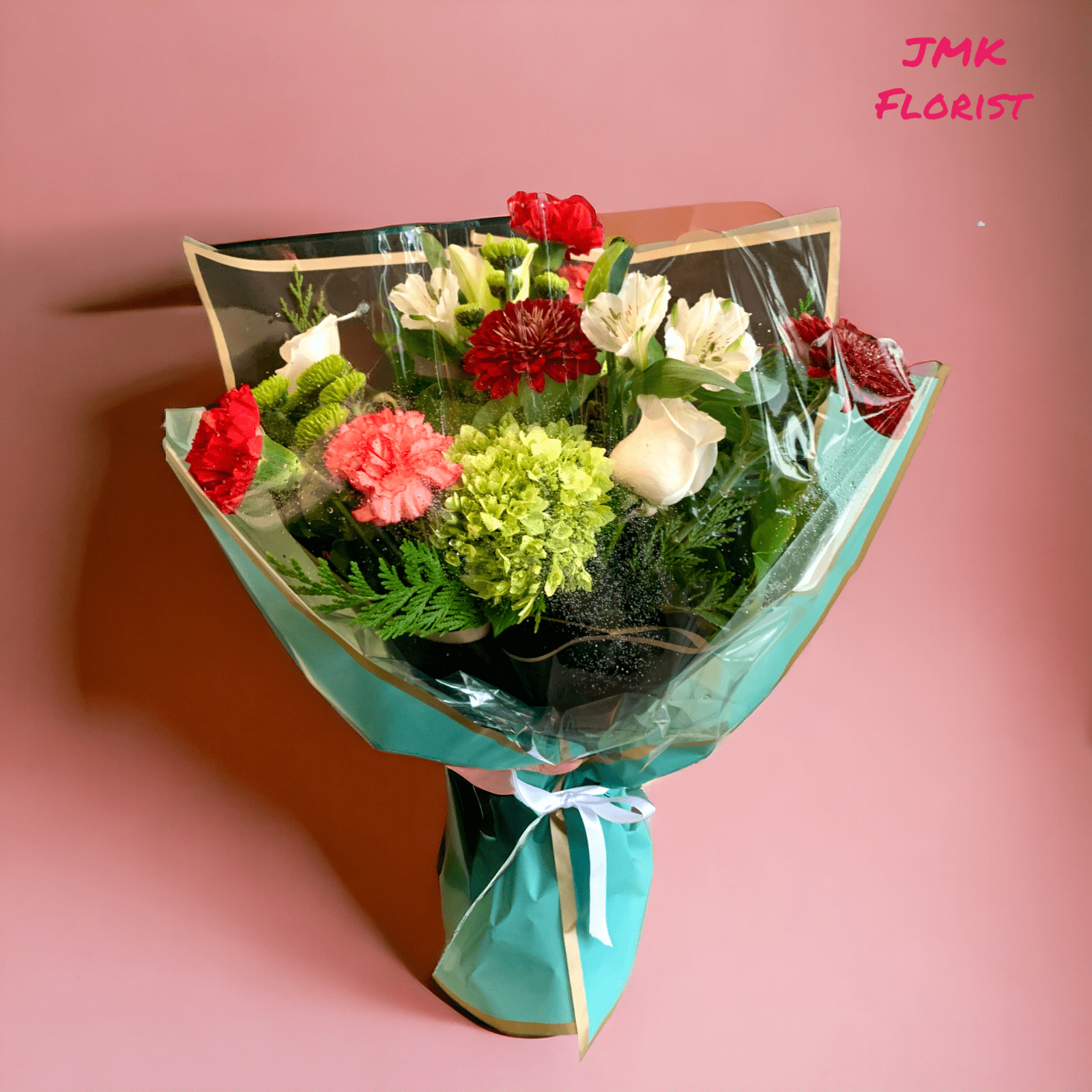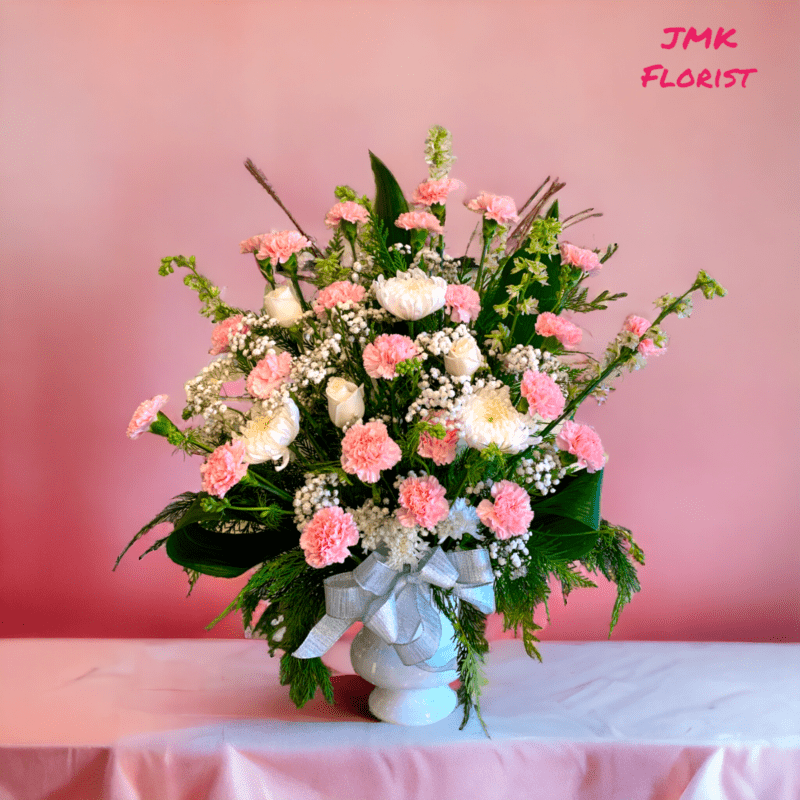Blog
Navigating Flower Sales: How to Spot Genuine Discounts vs Scams
Flowers have long been a symbol of love, gratitude, and celebration. With the rise of e-commerce, buying flowers has become easier than ever. Online flower shops offer convenience, various options, and enticing deals under banners of “Flowers for Sale.” However, not all deals are as sweet as they seem. Scams targeting unsuspecting buyers have become alarmingly common, especially during festive seasons and special occasions.
This blog post aims to inform you about spotting genuine discounts versus scams in flower sales. We’ll delve into common scam tactics, how to identify trustworthy offers, and tips to protect yourself while shopping online for flowers.
Understanding the Appeal of “Flowers for Sale”
Before diving into the mechanics of scams, it’s important to understand why “Flowers for Sale” attracts so much attention:
Occasional Demand
Flowers are a staple for holidays, anniversaries, and Valentine’s Day. Retailers capitalize on this demand by offering discounts, but scammers exploit it to bait impulsive buyers.
Emotional Purchases
Flower purchases are often tied to emotions. Scammers use time-sensitive offers to prey on buyers who act quickly without verifying details.
Convenience of Online Shopping
With online stores offering same-day delivery, personalized bouquets, and tempting prices, people quickly choose convenience over caution.
Red Flags: Spotting Scams in Flower Sales
Not every deal you come across is a genuine “Flowers for Sale” offer. Scammers employ several tactics to lure buyers into making hasty decisions. Here’s how to identify the warning signs:

Unrealistic Discounts
Be cautious if an online store advertises a bouquet worth $100 for $30. Deep discounts that seem too good to be true often are. Compare prices on reputable platforms to gauge the market value.
No Contact Information
Legitimate flower shops provide clear contact details, including phone numbers, email addresses, and office locations. If a website lacks this information or displays vague details, it’s a major red flag.
Poor Website Design
Scam websites often have sloppy layouts, spelling errors, and broken links. A legitimate “Flowers for Sale” offer should come from a website that reflects professionalism and credibility.
Lack of Customer Reviews
Authentic businesses usually have customer testimonials on their site or reviews on third-party platforms like Trustpilot or Google. If you can’t find any reviews, think twice before making a purchase.
Pushy Sales Tactics
While using pushy sales tactics as a part of marketing does not always indicate a scam, you should be careful enough to verify the genuineness of the offer and discounts. These tactics often include countdown timers and messages like “Hurry! Only 2 bouquets left!” These are fine but over-emphasizing these tactics can be a sign of deceptive practices. Scammers may use these tactics to create urgency, pressuring you into making quick decisions.
No Secure Payment Options
Legitimate flower retailers use secure payment gateways. Look for “https” in the URL and a padlock icon before entering any payment information.
Identifying Genuine Discounts in Flower Sales
Now that we’ve covered the red flags, let’s discuss how to distinguish genuine “Flowers for Sale” deals from scams:

Research the Seller
Before purchasing flowers online, research the store. Established flower shops will have a digital footprint, including reviews, a social media presence, and a professional-looking website.
Verify the Offer
A genuine discount is usually within a reasonable range. Look for offers like “10–30% off” or “Buy one, get one free.” Anything beyond that could be suspicious.
Check the Terms and Conditions
Read the fine print associated with the offer. Genuine discounts will clearly outline delivery charges, refund policies, and applicable terms. Scammers, on the other hand, may hide important details.
Look for Transparency
Reputable flower shops include detailed product descriptions, actual photos of bouquets, and clear pricing. If you find vague descriptions or stock photos, proceed with caution.
Check for SSL Certification
An SSL-certified website encrypts data shared between you and the retailer. Look for the “https” prefix in the URL as an indicator of a secure connection.
Common Online Flower Sales Scams
While scammers employ various tactics, these are some of the most common scams associated with “Flowers for Sale”:
Non-Delivery Scams
You place an order, pay for it, and wait for the flowers to arrive—but they never do. The scammer vanishes, leaving you with no flowers or refunds.
Substandard Products
Scammers often deliver poor-quality flowers that look nothing like the pictures advertised. Some may even deliver incomplete bouquets.
Overpricing Hidden Charges
Some fraudulent websites lure customers with low prices but tack on exorbitant delivery fees or hidden charges at checkout.
Phishing Scams
These scams involve fraudulent websites that steal your credit card information under the guise of a “Flowers for Sale” deal.
Subscription Traps
You think you’re buying a one-time bouquet, but fine print locks you into a costly subscription. Canceling can be difficult or even impossible.
How to Protect Yourself from Scams
While shopping for flowers online, keep these tips in mind to safeguard yourself:

Use Trusted Platforms
Stick to reputable flower delivery services with a proven track record. Their “Flowers for Sale” deals are more likely to be genuine.
Pay with Secure Methods
Use credit cards or payment platforms like PayPal. Avoid direct bank transfers or paying via unsecured methods.
Check Reviews and Ratings
Customer reviews can reveal a lot about the credibility of an online flower shop. Watch out for fake reviews that sound overly promotional or repetitive.
Avoid Clicking on Unverified Links
Be cautious of unsolicited emails or ads offering “Flowers for Sale.” These links may lead to phishing sites.
Test Customer Support
Reach out to the seller’s customer support before making a purchase. Legitimate businesses will respond promptly and professionally.
Inspect Delivery Policies
A reliable seller will have clear delivery and refund policies. Ensure they offer guarantees for late or poor-quality deliveries.
Why Vigilance Matters in Flower Sales
Flowers symbolize emotions, and no one wants their heartfelt gesture ruined by a scam. Fraudulent “Flowers for Sale” offers not only rob you of your money but also the joy of giving or receiving flowers.
By staying vigilant, researching thoroughly, and trusting only verified platforms, you can ensure a safe and pleasant online shopping experience.
The Bottom Line
Navigating flower sales in the digital world can feel overwhelming, but with the right knowledge, you can avoid scams and enjoy genuine discounts. The next time you spot a “Flowers for Sale” banner, take a moment to verify its authenticity. Remember, genuine discounts are within reason, backed by clear terms, and offered by trustworthy sellers.
Protecting yourself while shopping online ensures your floral gift becomes a source of joy, not disappointment. With these tips, you can confidently choose the perfect bouquet for your loved ones, knowing you’ve avoided the pitfalls of online scams.





